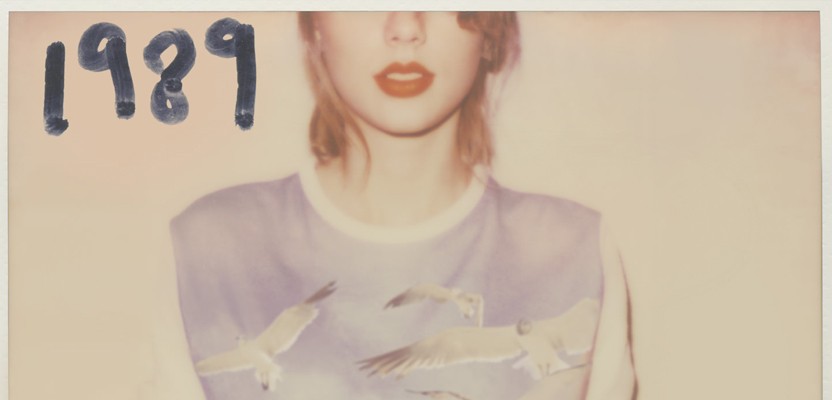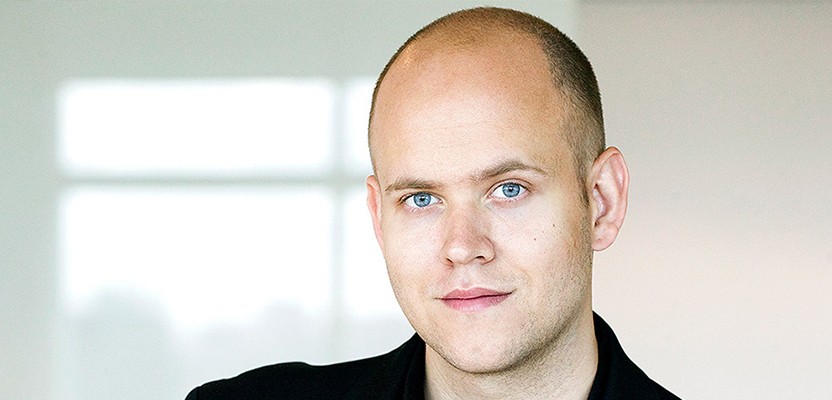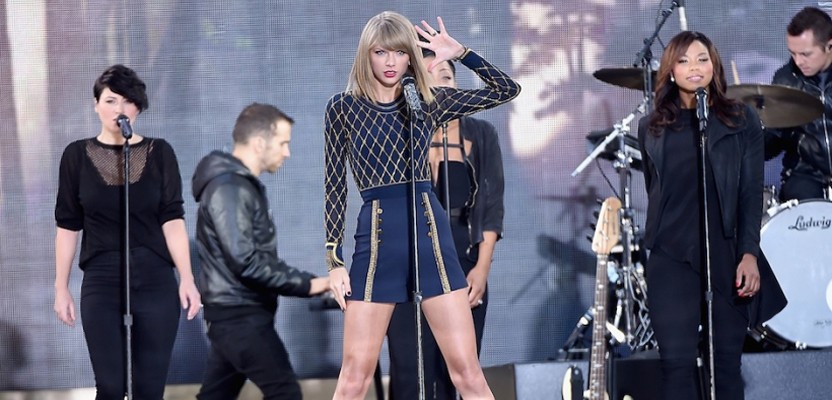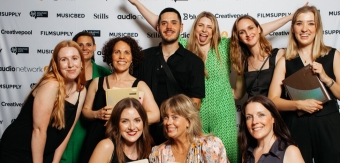Country darling turned stratospheric pop star Taylor Swift caused a minor uproar last week when she (or more accurately her record label) decided to pull her back catalogue from Spotify, including the new album “1989,” which is set to become her most successful yet. Swift herself has claimed the streaming service underpays artists, and is damaging the music industry, a stance also shared by Thom Yorke from Radiohead and David Byrne of Talking Heads fame. There were (as always) conflicting reports regarding the reasons for the move. In a statement, Scott Borchetta, the CEO and founder of her record label Big Machine Records, said it was done for the fans, because if a fan “Went and purchased the record, CD, iTunes, wherever, and then their friends go, 'Why did you pay for it? It's free on Spotify,' he believed it would embarrass that fan. Swift, meanwhile, has taken a far more vigilant stance, stating that she's “Not willing to contribute” her life's work to an “Experiment,” that she feels doesn't fairly compensate the “Writers, producers, artists, and creators.”

“I'm not willing to contribute my life's work to an experiment that I feel doesn't fairly compensate the writers, producers, artists, and creators of this music.” Taylor Swift
Spotify chief executive Daniel Ek, however, is not one to take such salacious accusations lying down, and has hit back at Swift and her fellow naysayers in an impassioned and comprehensive blog on the official Spotify website. Her opens the piece diplomatically enough, by claiming that “Taylor Swift is absolutely right: music is art, art has real value, and artists deserve to be paid for it,” but goes on to make a convincing argument underlining the real boogeyman of the music industry; piracy. He said they started Spotify as a response to internet piracy, because of their simple love for music, and that “All the talk swirling around lately about how Spotify is making money on the backs of artists” is genuinely upsetting him. He explains that “Piracy doesn’t pay artists a penny, but Spotify has paid more than $2 billion to labels, publishers and collecting societies for distribution to songwriters and recording artists.”
Taylor Swift's “Shake It Off,” the most listened to song on Spotify before it was pulled
His blog (which is more of an essay really) aims to debunk three common myths regarding Spotify: That the free service means nobody gets paid, that the service is hurting overall music sales, and that nobody could realistically earn a living through Spotify. Other major arguments include the fact that a small radio station with about as many listeners as Spotify would pay its artists nothing and that Swift is biting the hand that feeds her to a certain extent, because she has pulled in more than $6 million from the site. Small change in the world of a global pop superstar maybe, but certainly not a sum to be sniffed at? It's also interesting to note that whilst all of Swift's albums have been pulled from Spotify for (presumably) the foreseeable future, her albums are still available through many of Spotify's rival streaming sites, such a Rdio. Beats Music and Rhapsody. Could there potentially by musical politics at play here?

Spotify chief executive Daniel Ek has hit back at Swift and her fellow naysayers in an impassioned and comprehensive blog on the official Spotify website
Many argue that the very idea of paying for music in 2014 in the traditional model is a laughable concept, but that a streaming service like Spotify, which charges only £10 a month for the premium service and compensates artists through ad revenue and subscription fees, is the next logical step. It's working wonders for Netflix! The subject is very much open to debate, of course, with the detractors and the champions of online streaming both making valid points. Adele's manager Jonathan Dickins, for example, believes Spotify's premium service is where the “Real active record buyers” are heading, whilst the listeners who would never usually buy a record are sticking to the free service. U2 frontman Bono (himself a divisive figure) also stepped up to defend Spotify recently, instead blaming record labels by declaring “Spotify are giving up 70% of all their revenues to rights owners. It’s just that people don’t know where the money is because the record labels haven’t been transparent.”
So whose side are you on? Spotify's (and, by extension Bono's) or Swifty's? Sound off below.
Benjamin Hiorns is a freelance writer and struggling musician from Kidderminster in the UK. All of his own band's (Rubicava) material can be found on Spotify, so you know on which side of the argument he stands (even though he genuinely can't stand Bono).




